It’s April 1952. U.S. troops are dying in Korea, President Harry Truman’s popularity is cratering, and steel is the “arsenal of democracy.” When union leaders threaten a strike, Truman issues Executive Order 10340 and seizes every major steel mill in the country. Now, a bit of alternate history: Before the mills can sue, the White House circulates a memo directing the attorney general to seek sanctions against any law firm that challenges the administration and rolls out firm-specific executive orders threatening to tear up existing defense contracts, yank security clearances, and blacklist any businesses that work with those firms.
The pressure works. Several marquee firms planning to challenge the order stand down; their corporate clients can’t risk losing multimillion-dollar government contracts. Public-interest firms that contemplate stepping in are barred from entering government-seized mills to investigate, while their board members and donors weigh the risks of being labeled supporters of “subversive” organizations. No lawsuit is filed. Youngstown Sheet & Tube Co. v. Sawyer never reaches the U.S. Supreme Court, and Truman’s sweeping claim of wartime power becomes a tool available to all future administrations.
That disturbing alternate history is no longer hypothetical. Today’s White House has a strategy to erase tomorrow’s landmark checks on executive power by punishing firms that would bring such cases in the first place. Specifically, the administration is wielding two separate weapons: (1) a memorandum ordering the Justice Department to pursue sanctions against attorneys who file “unreasonable” and “vexatious” lawsuits; and (2) tailor-made executive orders that cancel current federal contracts, revoke security clearances, and blacklist the clients of a number of named law firms. If the administration successfully bullies lawyers away from the courthouse, the Constitution won’t merely be stretched. It will be sidelined entirely.
With the Founders’ emphasis on rigorous judicial review in mind, the White House’s intimidation of law firms is an existential threat to the rule of law. The basic presumption underlying our judicial system is that, to preserve life, liberty, and property, government actions must be testable in an adversarial process where independent judges apply meaningful constitutional scrutiny. If, instead, the president starves the pipeline of litigation, the White House has effectively outmaneuvered the entire system.
Since the Founding, presidents of all persuasions have pressed for new powers or exemptions in the name of war, national security, financial crises, or public health. Sometimes judges insisted on robust evidence and careful alignment with enumerated authority, forcing the executive to justify or scale back the scope of its actions. But in other moments, the courts did little to stand in the way—or worse, rationalized the executive’s misbehavior. A shameful example is Korematsu v. United States (1944), where the Court upheld the mass internment of Japanese Americans; Justice Robert H. Jackson warned in dissent that the decision sanctioned a principle that “lies about like a loaded weapon, ready for the hand of any authority that can bring forward a plausible claim of an urgent need.”
When the public cheers the White House’s assumptions of expanding authority, courts can be tempted to acquiesce. Those expansions pile up, decade after decade, shifting the balance of power the Constitution was carefully designed to maintain. The alternative is a tense but necessary clash between the branches, one that has heated up in recent years: The president issues sweeping executive orders, certain federal courts halt or slow down the implementation of those orders, and the White House publicly rails against “activist judges.” Is that ideal? Certainly not. But this dynamic is still more or less in keeping with the checks-and-balances design—assuming the judges stand by their rulings and the president challenges unfavorable rulings through the appellate process.
That friction is hardly new. In 2015, a federal district court in Texas halted President Barack Obama’s Deferred Action for Parents of Americans (DAPA) program, leading the White House to denounce the ruling as an inappropriate obstacle to “lawful, commonsense” immigration reform. And in Trump’s first term, a federal district court judge in Hawaii enjoined portions of his “travel ban,” a ruling that the president called a “ridiculous” decision made by a “so-called judge.”
Yet for all their fierceness, those fights involved a direct executive-judiciary clash that remained in public view. Litigation was happening. Courts weighed evidence, analyzed arguments, and explained their reasoning. If the White House believed that a broad injunction was truly overkill, it could (and did) ask higher courts to narrow the injunction or expedite the government’s appeal. If the White House believed that a lower court decision was wrong on the merits, it could (and did) appeal. That’s how the system is supposed to work. The president can square off with the courts in a public dispute—loud and messy, perhaps, but at least visible to the public and shaking, rather than shattering, our Constitutional order.
Now, though, the White House is simultaneously wielding a sanctions memo and issuing firm-specific executive orders that heap additional penalties on any practices that represent the Trump administration’s critics. But who decides when vigorous advocacy against the administration becomes “frivolous,” or whether a specific firm is engaged in “dishonest and dangerous activity”? The administration, apparently.
The memorandum to the Department of Justice invokes Federal Rule of Civil Procedure 11, the rule designed to punish truly baseless or bad-faith lawsuits, which imposes a high standard so judges don’t chill legitimate legal claims that might be novel or creative. (Courts reserve that remedy for objective abuses of the judicial system—think of the 2023 Mata v. Avianca fiasco, where lawyers were sanctioned after filing a brief that cited completely fabricated, AI-generated cases.) But don’t let that nod to Rule 11 fool you. Courts don’t easily grant Rule 11 sanctions, not because judges are too lax, but because they must ensure that only lawsuits without any factual or legal foundation are penalized. By making such determinations and imposing consequences outside the courts, however, the administration is effectively paying lip-service to Rule 11 while avoiding the judicial safeguards that protect ordinary advocacy.
The administration’s maneuver is clever, to be sure. A sufficiently intimidated legal industry means no lawsuit, no judicial testing of executive action, no friction with the judicial branch, no losses in court, and more resources for the administration to focus into its other priorities. If enough attorneys bow out, an executive action could become effectively unreviewable. Even the most principled, engaged judge cannot address constitutional questions that never make it into court. It’s akin to blocking the main road to the courthouse, ensuring a victory by default. Some large firms, including Perkins Coie, Jenner & Block, and WilmerHale, have been willing to risk the White House’s ire on principle, but they’re also private businesses that weigh reputational and financial pressures. If the White House threatens to revoke a law firm’s existing federal contracts and those of its clients for retaliatory reasons, or damage its reputation with clients, those existential threats will be enough for plenty of firms to cry uncle—even if some try to resist.
Whenever prior administrations even hinted at retaliating against specific law firms, the legal community—and ultimately the administration itself—treated it as an obvious breach of rule-of-law norms. In 2007, for example, Deputy Assistant Secretary of Defense Charles “Cully” Stimson went on the radio, read aloud a list of law firms representing detainees at the U.S. detention facility in Guantánamo Bay, and suggested that businesses should reconsider working with firms who “represent the very terrorists who hit their bottom line back in 2001[.]” The backlash was swift: Bar associations condemned the remarks, businesses refused the thinly-veiled call for a boycott, the Pentagon publicly disavowed the statement, and Stimson resigned within three weeks. Today, the episode appears in professional-responsibility casebooks as a warning about unethical government retaliation—not as a blueprint. This White House, by contrast, has converted the same threat into official policy.
As the Trump administration’s executive orders rolled out, firms responded in dramatically different ways. Some opted to avoid further confrontation by making deals with the White House, whether preemptively or after being targeted. Critics see these bargains as capitulations to the administration’s bullying, while the firms have generally described them as pragmatic measures to avoid existential risks. Skadden Arps, for example, described its preemptive deal as being “in the best interests of our clients, our people, and our Firm.” Despite those risks, several targeted firms have chosen to fight back in an effort to hold the administration accountable in the open, before a judge, rather than giving in to private pressures behind closed doors. Yet even for these firms, the damage is likely already done: By refusing to strike a deal, wary clients may still walk away, important contracts are still in jeopardy, and firm resources are diverted into litigation—consequences that will linger even if they ultimately prevail in court.
These concerning developments recently stimulated a broad and diverse coalition of civil liberties organizations, including the Institute for Justice (where I work), the American Civil Liberties Union, the Cato Institute, the Electronic Frontier Foundation, and others, to submit an amicus brief in support of the law firm Perkins Coie’s lawsuit against the administration. The brief warns that if allowed to stand, the administration’s tactics would “chill any law firm from participating in similar advocacy” and “deprive courts of the expert counsel necessary . . . for a full and fair adjudication” of constitutional issues. That result would not just be bad for lawyers, but for every American who might one day try to hold the government accountable through litigation.
In 1788, Anti-Federalist John Lamb warned Alexander Hamilton that any powers entrusted to the virtuous General Washington would one day pass to a far less scrupulous “General Slushington.” Ultimately, the moral of that cautionary exchange is that the entire nation, including its future citizens, will reap whatever whirlwind we allow to be sown today. The measure one president uses to achieve your preferred outcome today will be in the hands of General Slushington tomorrow. The Founders knew that liberty is not long for a world where independent courts become rubber stamps or presidents can circumvent the judicial system entirely.
If the judicial citadel is meant to continue guarding personal liberty, judges must have the courage to meaningfully scrutinize government overreach, and lawyers must be free to represent clients of their choosing—without being singled out for professional annihilation.
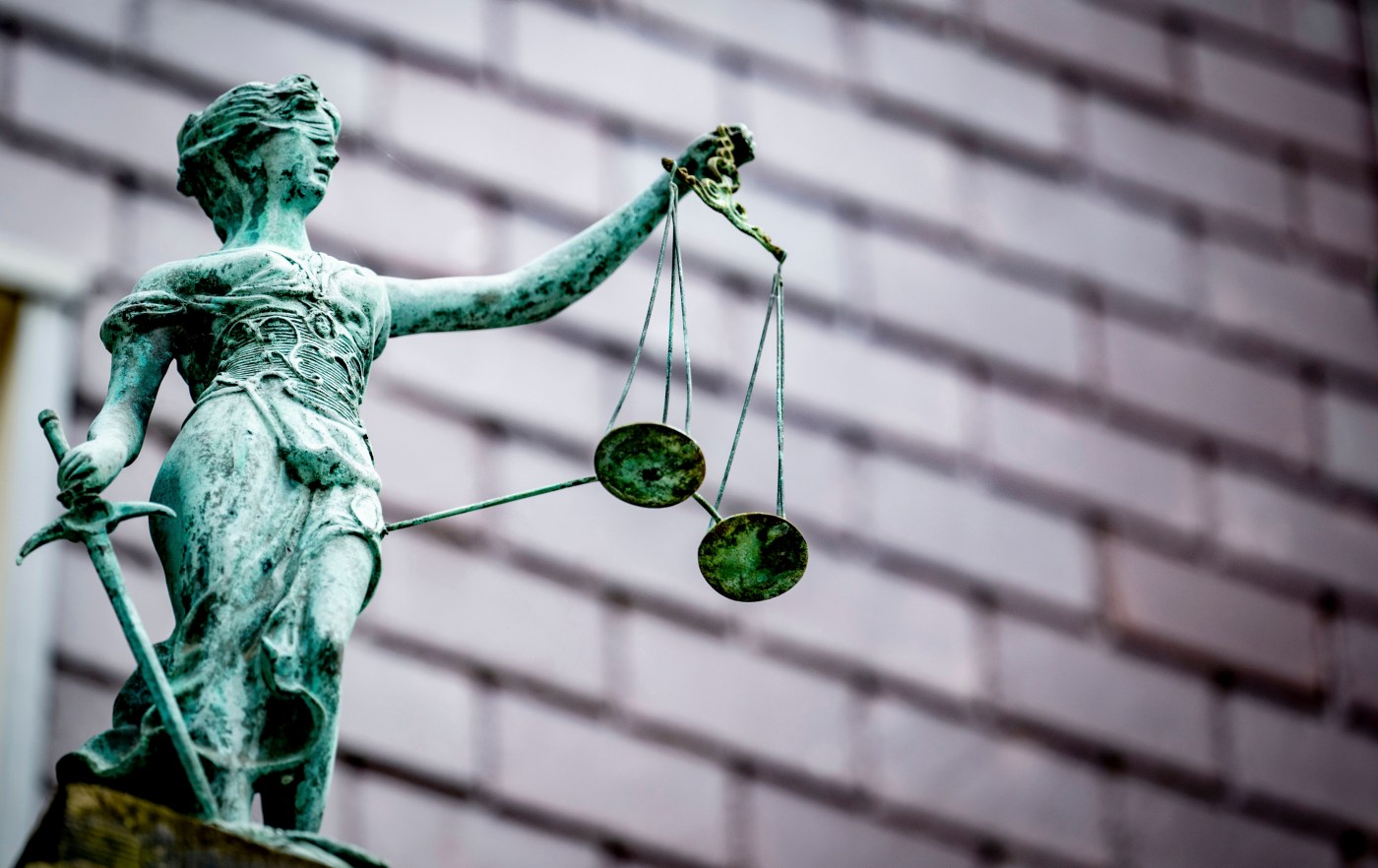

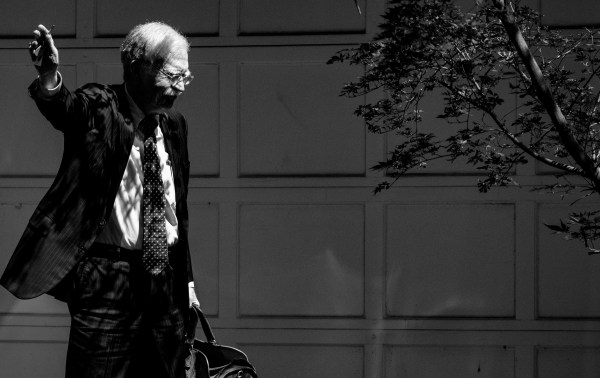
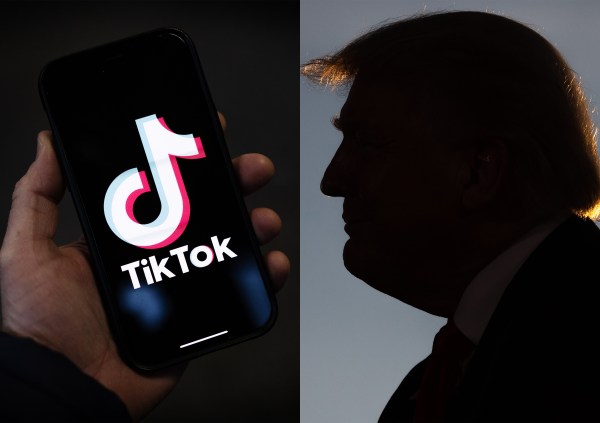
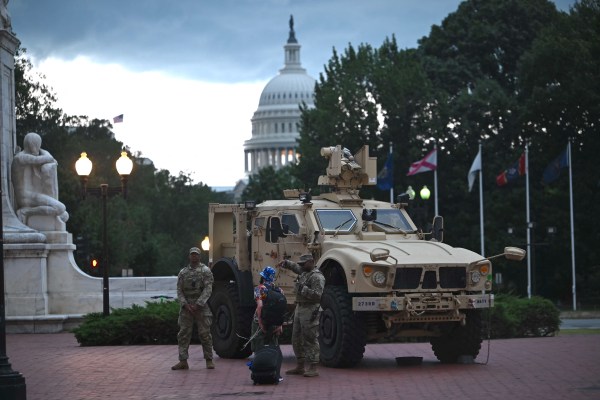
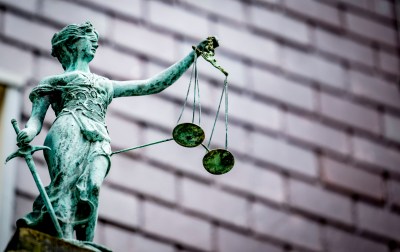
Please note that we at The Dispatch hold ourselves, our work, and our commenters to a higher standard than other places on the internet. We welcome comments that foster genuine debate or discussion—including comments critical of us or our work—but responses that include ad hominem attacks on fellow Dispatch members or are intended to stoke fear and anger may be moderated.
With your membership, you only have the ability to comment on The Morning Dispatch articles. Consider upgrading to join the conversation everywhere.